Multiplier events

Belgium
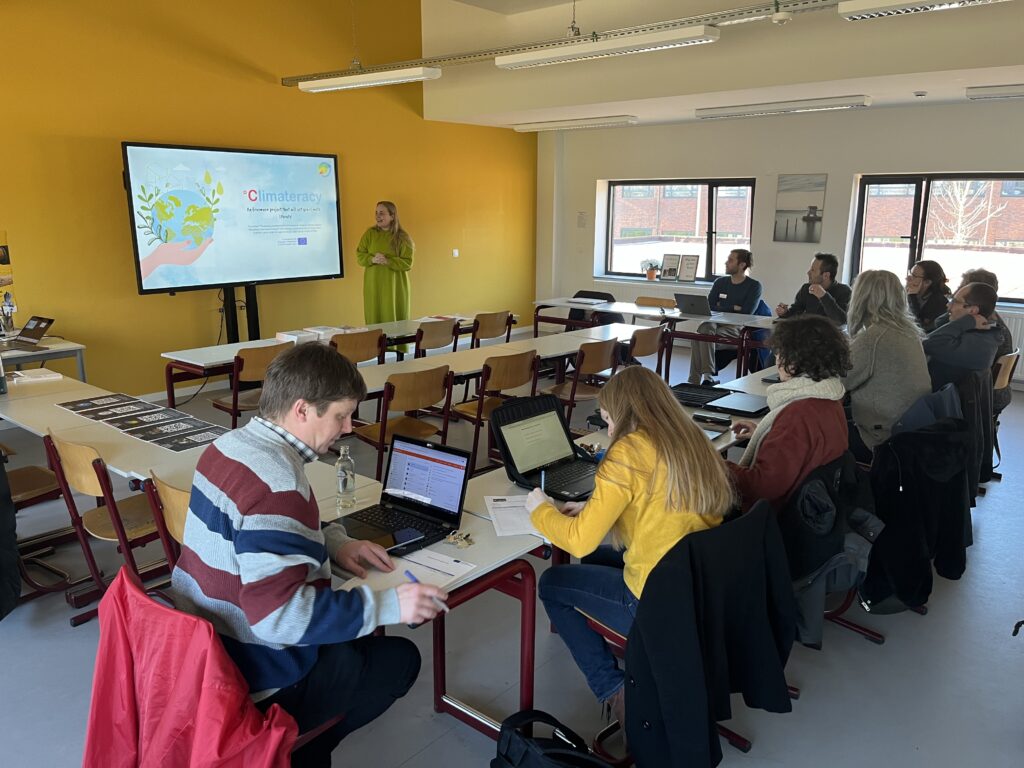
In February, UCLL organized several multiplier events to promote the Climateracy project. For example, on the 3rd and 8th of February, sessions were organized for teachers at the Sint Jozef school in Aarschot, during which teachers were inspired to integrate the theme of climate into their lessons. On Feb. 6, UCLL was present at the annual Flemish ICT Fair, where more than a thousand participants could get inspiration from various exhibitors. Here, interested teachers were inspired about the Climateracy project by gathering info and testing the platform themselves. Feedback from teachers was positive, especially because the material was clear and ready to use.
Estonia
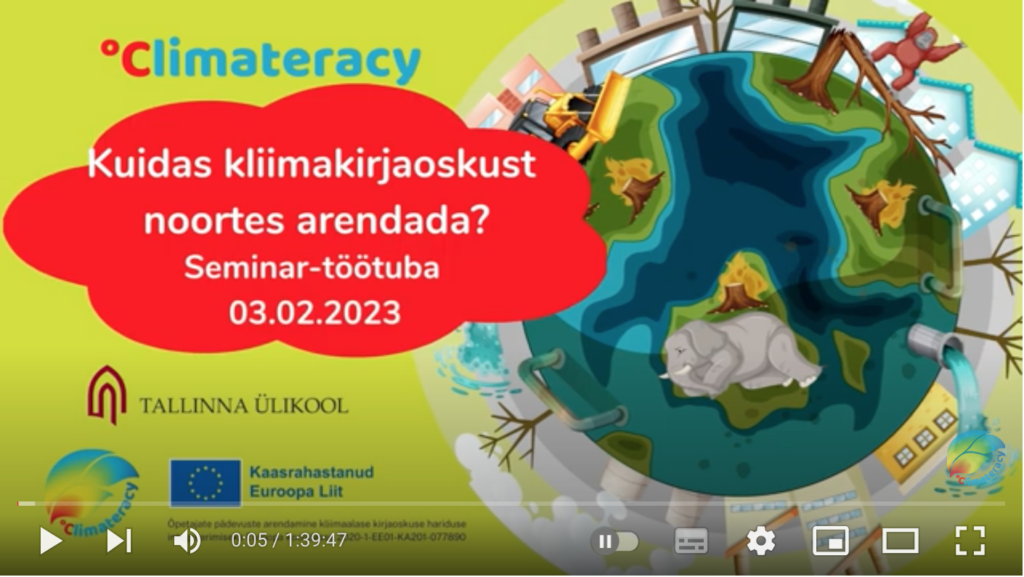
The multiplier event in Estonia took place on 3rd February at Tallinn University and also online. The participants showed deep interest in the topic of climate change and how to teach about it to young people. The event consisted of four parts: two were lectures by experts on climate change and educational sciences, with a chance for a discussion; and two were interactive sessions that focused on the introduction, testing and feedback on the climateracy.eu website, open online course and teachers’ community. It was very useful to discuss the more theoretical aspects as well as get feedback on how to make the climateracy website better.
Germany

In Germany, besides some more dissemination events, two multiplier events took place, of which one was held online and the other was face-to-face at Bonn Science Shop. The teachers present found the contents in the modules good, scientifically and theoretically sound and, compared to other concepts that are available so far, very good and compact, without neglecting the critical points and discursive parts such as the ecological footprint. Individual feedback showed that the modules were understandable and manageable. All in all, there was great interest in promoting the platform to a wider circle of colleagues. Contacts could be made and deepened between the multipliers present, the feedback was consistently positive.
Sweden
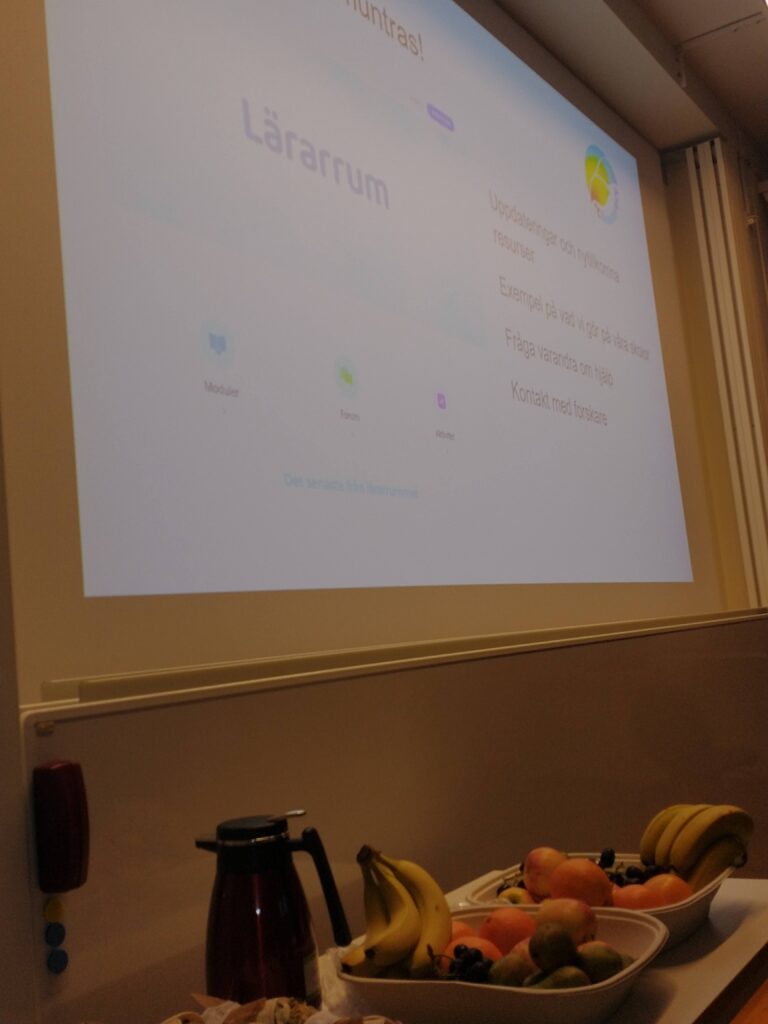
In Sweden we held 7 in-school events and one ‘main’ multiplier event at Gothenburg University with almost 100 Secondary School Teachers from around the western region of the country. The Teachers were really happy to learn about both the open-online course and the online teacher community and were keen to share the Climateracy resources with their colleagues. A number of teachers have stayed in touch with some letting us know that after the main multiplier event, we have even inspired a ‘Climateracy’ book club at one school!
Turkey
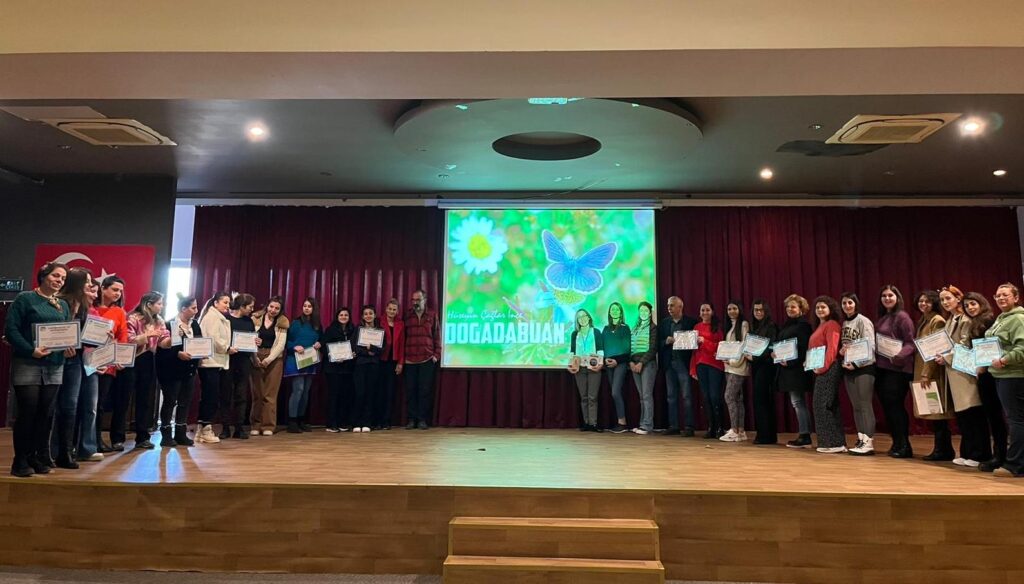
A total of 3 Multiplier Events of Erasmus+ KA201 Climateracy Project (2020-1-EE01-KA201-077890) were held by ANS Education & Consultancy in Antalya- Türkiye on the 21st December 2022, 6th February 2023 and 18th March 2023 with the participation of 80 teachers who work in 3 different K-12 schools: Adalya Koleji, Enlem Koleji, Bahçeşehir Koleji.
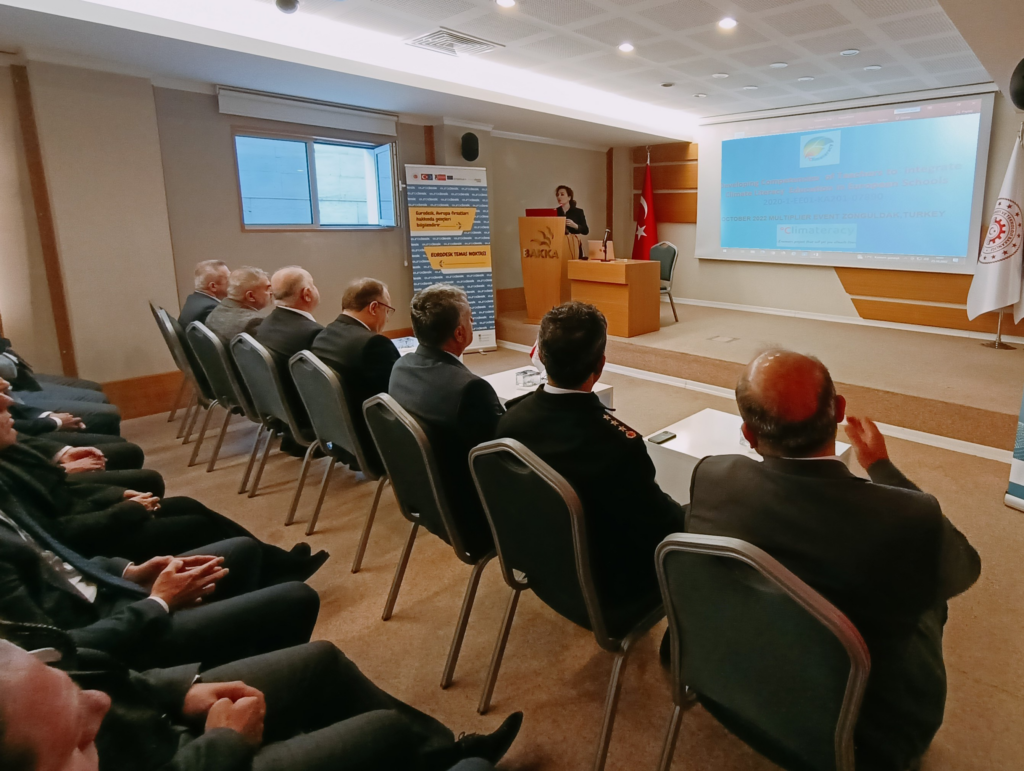
A multiplier event has been held for 100 participants by PAYDAS on 25 october 2022 in the premises of BAKKA.The participants were teachers working at secondary schools. The event was divided into two parts. The first part was designed as a dissemination event that the project and the results was introduced.The Governor of Zonguldak opened the event with a speech and all the protol members in the city participated. The projects’ aims & objectives, results and activities as well as the EU contribution and support were presented and analysed towards the participants coming from the projects’ desired target groups and stakeholders.
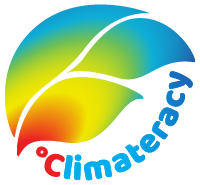
Responses